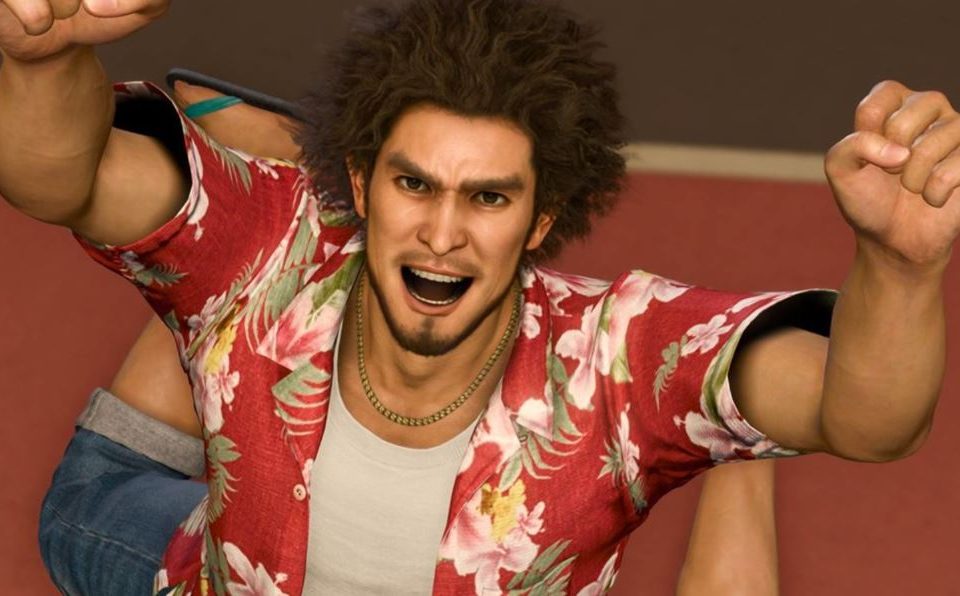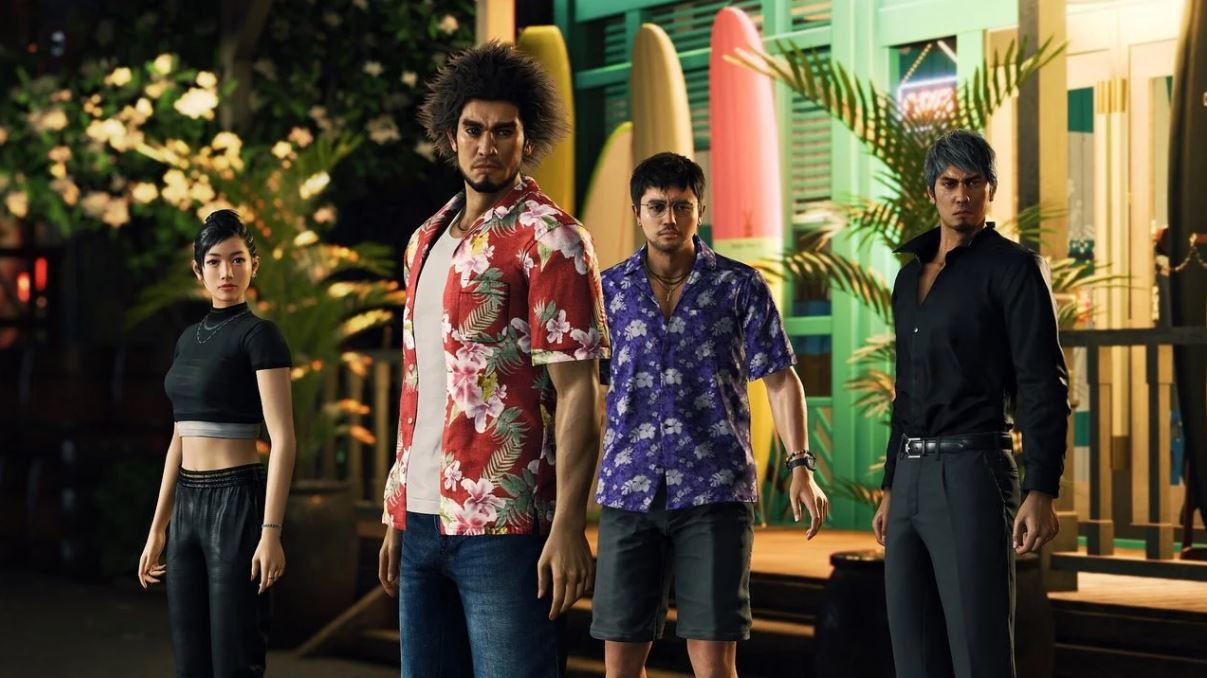Thick Thighs Save Lives
NeoGAF's Physical Games Advocate Extraordinaire

Yutaka Ito, the Technical Manager of Ryu Ga Gotoku Studio and lead programmer of the Like a Dragon series, recently shared interesting insights about how crunch culture has changed over the years and circumstances that have made it easier for the team to meet deadlines.
In a thread of posts on his official X account, Ito says, "Game development is often associated with busy schedules, no breaks and all-nighters. Indeed, in the past, we would often work ourselves very hard, but in recent times, this is not the case anymore. Work style reforms were one thing that contributed to this, but actually, there is another big factor."
Ito goes on to reveal that work practices have changed for the better as a result of simultaneous worldwide multi-platform releases becoming the norm. Elaborating on this point, the developer notes, "Whenever a game's specifications are changed, you need to implement and test across all platforms, localize and check each language, and in some cases, re-record audio. In other words, it has become impossible to make last minute changes right before a deadline."

Although releasing a game simultaneously across multiple platforms in various languages sounds like it would involve a lot more crunch compared to, say, a local release, it seems things are not so straightforward. Ito explains that the practice has led to "tasks being managed in a lot more detail, making it easier for staff to meet deadlines."
At the same time, Ito reminds us that changes of plan are still bound to happen: "But when you're making a game, revisions and additions are bound to arise in the middle of development. I think this is why the decision-making skills of leaders have become more important than ever, as it's crucial to make quick calls about what to implement and what to discard."
In other words, the practice of international multi-platform releases seems to have created a need for firmer and more decisive management. As a result, the workload up to the release is clearer cut, with fewer sudden and unexpected tasks. Or at least, that's how things seem to have changed at RGG Studio.
Ito's words carry particular weight considering how quickly the Like a Dragon team is known to dish out high-quality games. In a past interview, the studio's director Masayoshi Yokoyama told us that the team is able to work on multiple games in parallel using an efficient one-team system. This system has staff members take charge of specific categories of tasks rather than having them dedicated to a single game from start to finish.
Source - Automaton West
